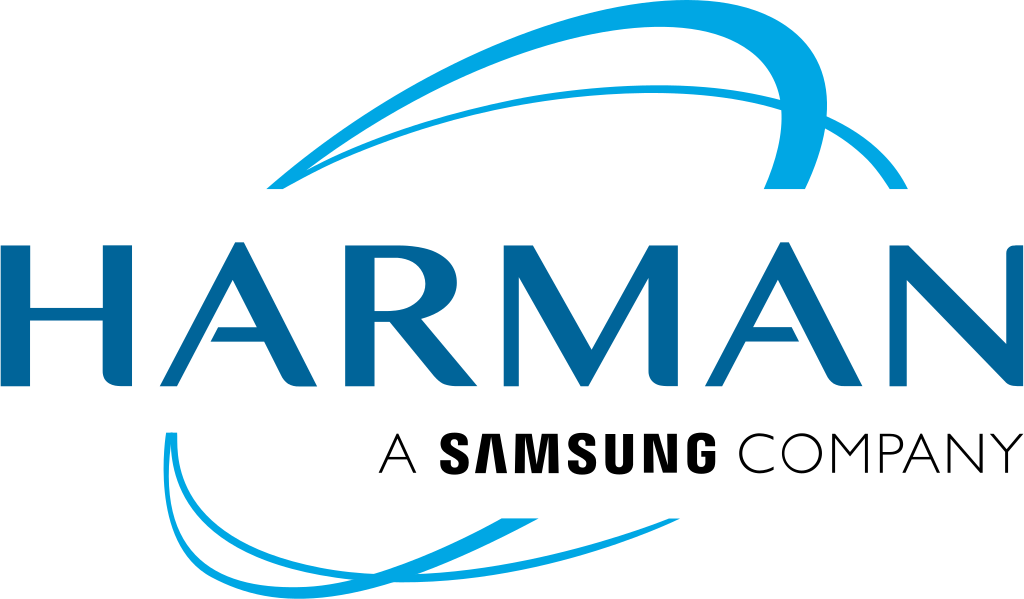From Code to Care: AI Is Healthcare’s Most Significant Disruptor and HARMAN Is Looking To Harness It with HealthGPT

Originally published on HARMAN Newsroom
Digital transformation enabled healthcare organizations to collect and store vast amounts of patient data — but there's a downside. As much as 90% of this data is unsearchable, and even searchable data is commonly stored in unconnected silos.
The result for healthcare leaders? Inefficiencies, limited collaboration and unnecessary costs. The result for patients and providers? Limited access to information and overall worse outcomes due to delayed diagnosis or errors in treatment.
But now — with the help of AI — things are changing.
Enter, Generative AI
"Generative AI can liberate this data," said Dr. Jai Ganesh, chief product officer at HARMAN Digital Transformation Solutions. "HealthGPT leverages generative AI to help organizations, clinicians and professionals across the continuum of healthcare do a better, faster job."
HARMAN HealthGPT is a private large language model (LLM) trained to process and generate human language using vast amounts of data. LLMs will ultimately enable healthcare professionals to provide better care for their patients by making better, more informed decisions.
For example, sepsis is responsible for 20% to 50% of U.S. hospital deaths each year; yet clinicians cannot identify the cause of sepsis in an estimated 30% to 50% of cases. This can leave them struggling with a difficult decision: which treatment should they choose? By applying machine learning to advanced genomics data from both microbe and host, researchers at the Chan Zuckerberg Biohub, the Chan Zuckerberg Initiative and UC San Francisco were able to identify 99% of confirmed bacterial sepsis cases and 92% of confirmed viral sepsis cases, pointing doctors to the most effective treatment.
Public vs. Private LLMs
Public LLMs are pre-trained on general-purpose data from the open web and then fine-tuned for specific tasks. These models are powerful and versatile, but they may not capture the nuances of healthcare-specific vocabulary, terminology and concepts — not to mention constraints regarding their explainability and cost.
WhereasHealthGPT,a private LLM, is built from scratch or adapted from existing models using an organization's data sets, such as clinical trial data and medical records. This gives healthcare leaders more control over the model's performance, quality and security. It also helps enable precise customization, innovation and differentiation, all at an optimized cost.
Responsible AI and the Human Touch
Any AI advancements in healthcare must prioritize data privacy and security. HealthGPT is built on the key principles of responsible AI — the practice of developing and using AI systems in a way that benefits individuals, groups and broader society while minimizing the risk of negative consequences. It has also been tested for accuracy and hallucinations — incorrect, false or misleading results — using HARMAN proprietary automated testing framework. Healthcare experts then step in to validate these results.
"Healthcare is a highly regulated industry," said Dr. Ganesh. "We have rigorous controls including multiple levels of checks and balances to help ensure against algorithm bias. Every decision has human oversight — what's known as a human in the loop. Our cross-functional team includes certified experts, physicians and other medical specialists as well as data scientists."
Breaking Down Healthcare Barriers With a Dose of Data
Gaining access to unsearchable and siloed data can significantly benefit the healthcare industry. But HealthGPT takes it a step further, removing obstacles specific to every domain — from the patient experience to the health insurance process. Here's how.
Drug and Medical Equipment Manufacturers
From identifying targets through testing to regulatory approval, it is no surprise that developing new drugs is a complex, time-consuming and expensive operation. HealthGPT can accelerate the process and minimize costs with: faster and easier evaluation of drug interactions; identification of disease mechanisms; and extraction of valuable insights from clinical trial data.
In addition, HealthGPT can help manufacturers get medical equipment to market more quickly by optimizing workflows and smoothing the supply chain. It can also speed up FDA compliance with faster, more accurate quality control and streamline all stages of the clinical trials process by searching for appropriate participants and reducing the risk of errors.
Health Insurance Providers
The ability to analyze, understand, organize and apply vast amounts of data gives HealthGPT the power to transform the health insurance domain. Predictive analytics can help determine the cost of premiums by assessing risks, outcomes and likely claims, while streamlined claims processes, precise customization and opportunities for innovative solutions can enhance the customer experience. Deep learning and pattern recognition across massive data sets could also help reduce the losses associated with fraud.
Patients
Patients describe their symptoms and clinicians explain their treatment but often, misunderstandings can lead to poorer outcomes. LLMs like HealthGPT can help break down barriers to good communication by simplifying complex terminology, summarizing notes and providing fast and accurate translations between languages. With this level of understanding, patients can actively participate in discussions and decisions around their treatment.
LLMs can increase patient participation in preventive care by keeping track of routine screenings and sending reminders when they’re due. They can also support early detection by analyzing patient risk, including medical history and current symptoms, and enhance the potential of virtual care.
Healthcare Providers
As we saw in the sepsis example, accurate and timely information impacts medical decisions in real time for healthcare professionals. As well as providing unprecedented access to data, HealthGPT can analyze the unstructured or conversational data created by medical videos, wearable health monitoring devices, diagnostic images, medical charts and clinical notes. It summarizes patient case notes, writes referral letters and answers questions related to medical conditions and clinical practice guidelines. This level of clear, concise, up-to-date information can reduce the risk of human errors that can devastate both doctor and patient, as well as free up time for providers to spend with their patients.
LLMs are also highly effective at the enterprise level, streamlining the management and operational processes of a healthcare facility.
AI Rx: A Prescription for Progress
Dr. Ganesh believes that healthcare is primed for disruption with customized AI technology. "Customization is key," he said. "One of the reasons we chose healthcare for our first private LLM is the quality of the data available for training the model."
As AI technology advances, it will open up more opportunities for efficiency, speed, reduced costs and improved patient care.
"HealthGPT can already address complex queries in three clinical trial areas — breast cancer, immune diseases and heart disease — and we're expanding this capacity to other diseases," explained Dr. Ganesh. "In the future, we're confident it will play a significant role in emerging fields such as precision medicine, genomics, and disease prevention.”
Carlos de Paladella Salord, director of clinical solutions at ELSEVIER Health, believes that doctors who integrate AI into their practices will outpace those who don’t.
“All healthcare professionals who integrate AI and data analysis into their practices stand to gain a considerable edge,” he said.
With LLMs revolutionizing how we utilize healthcare data, individuals could manage their medical needs more independently, paving the way for exciting possibilities, such as self-service medicine, and leading to greater convenience in healthcare. While the future is unknown, AI is a prescription for progress in the healthcare industry, offering the promise of improved diagnostics, personalized treatments and more efficient healthcare delivery systems.
Learn more about how you can harness the power of private LLMs like HealthGPT and transform your healthcare organization.
By Domini Stuart

